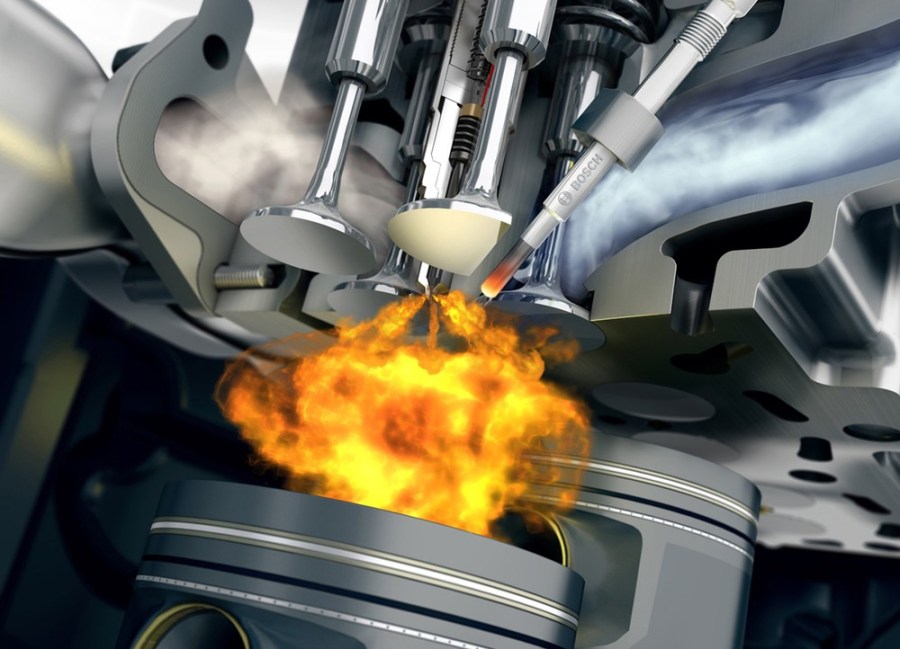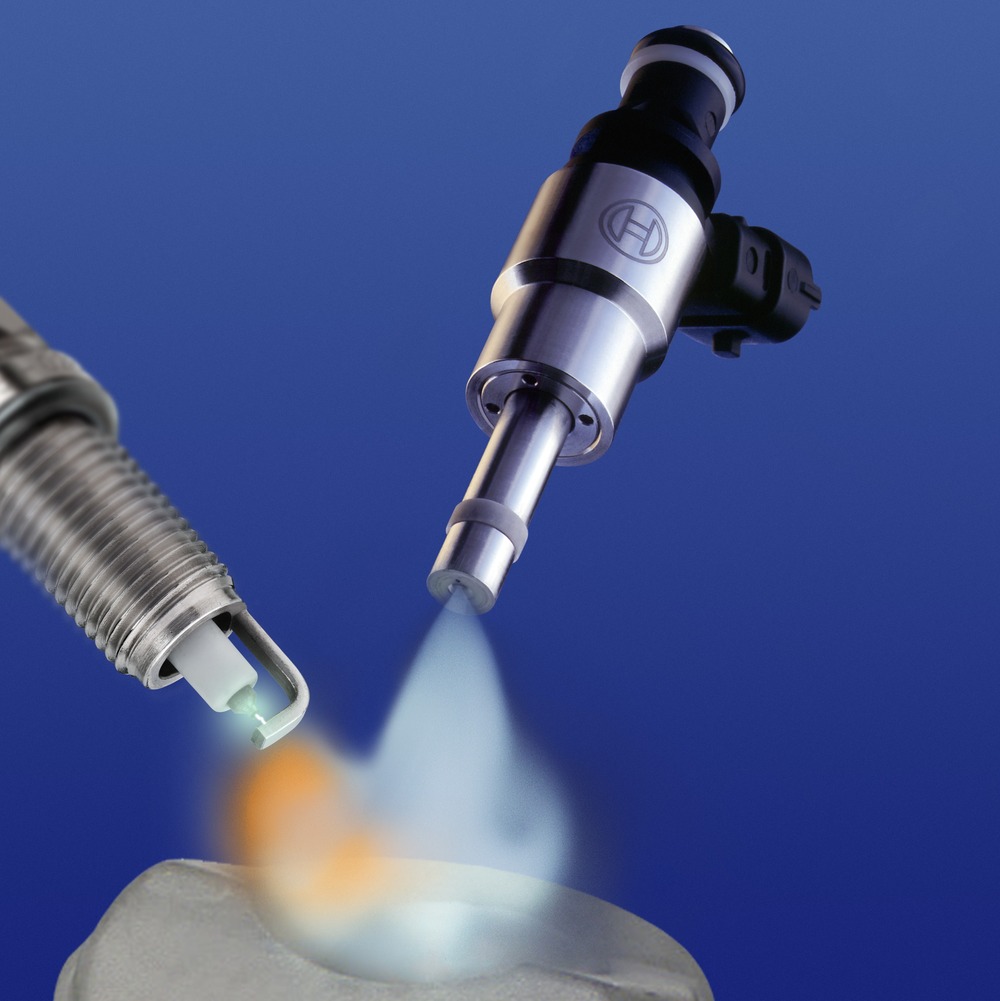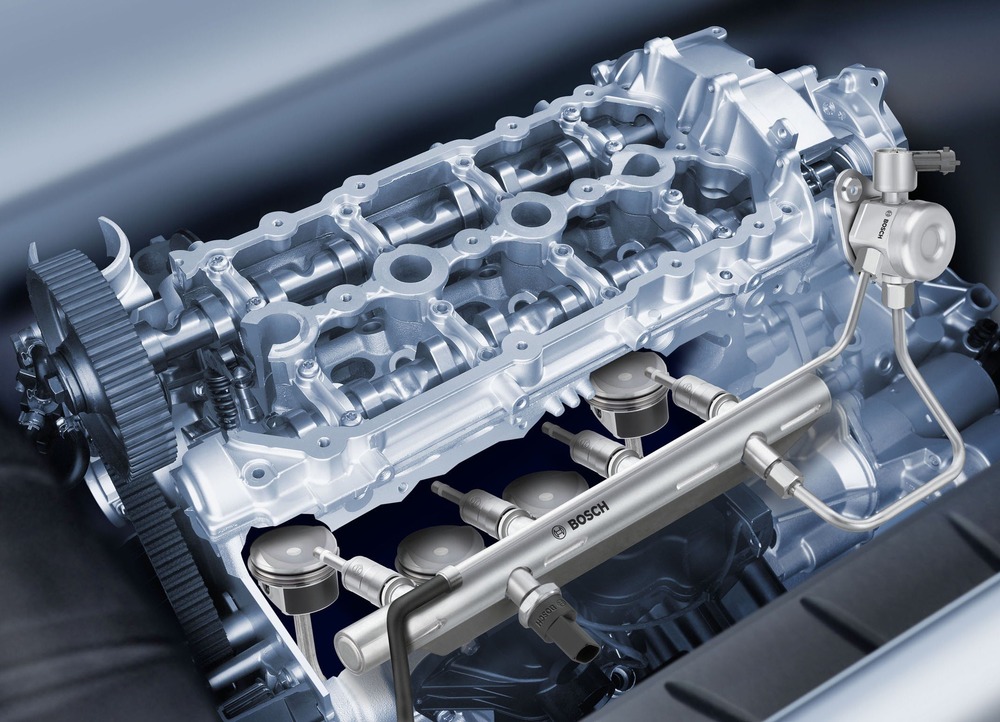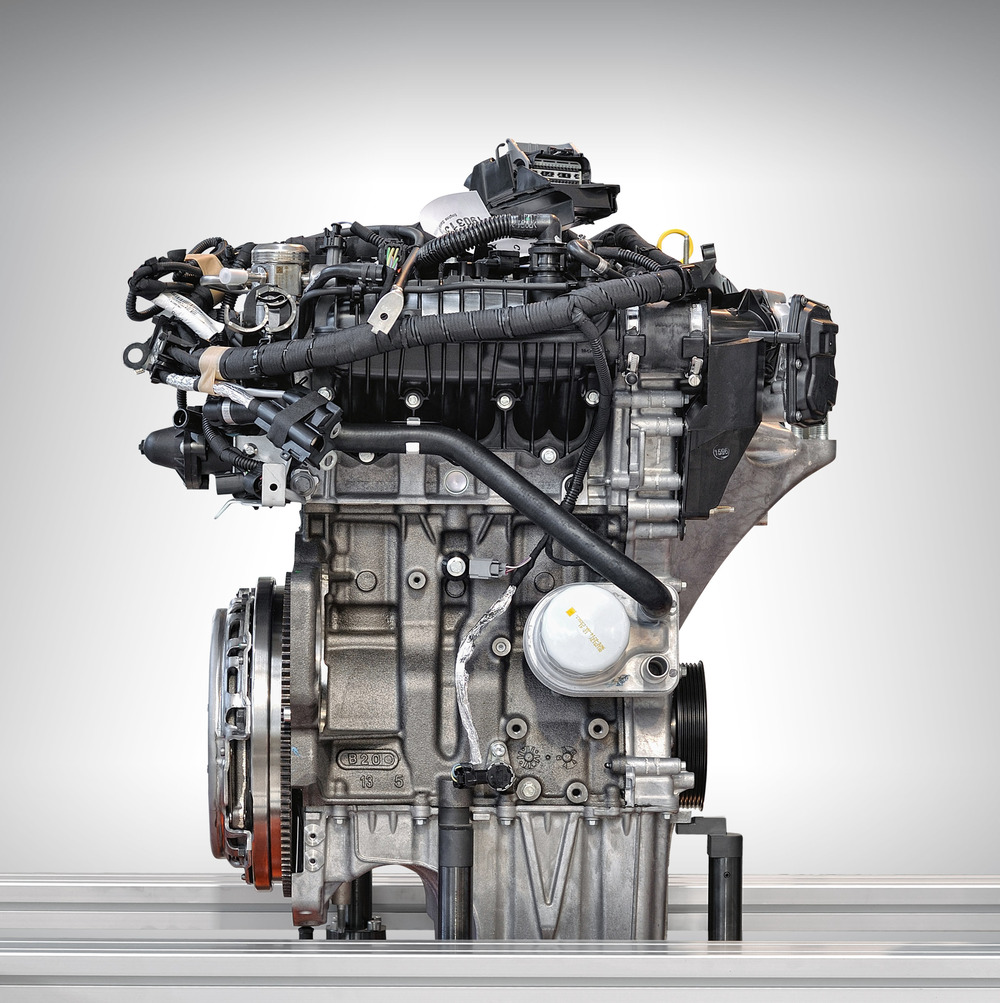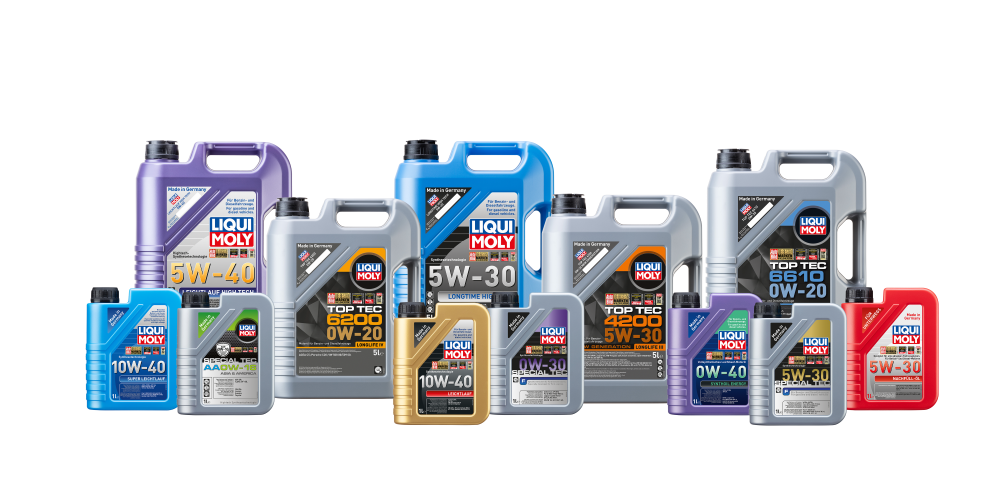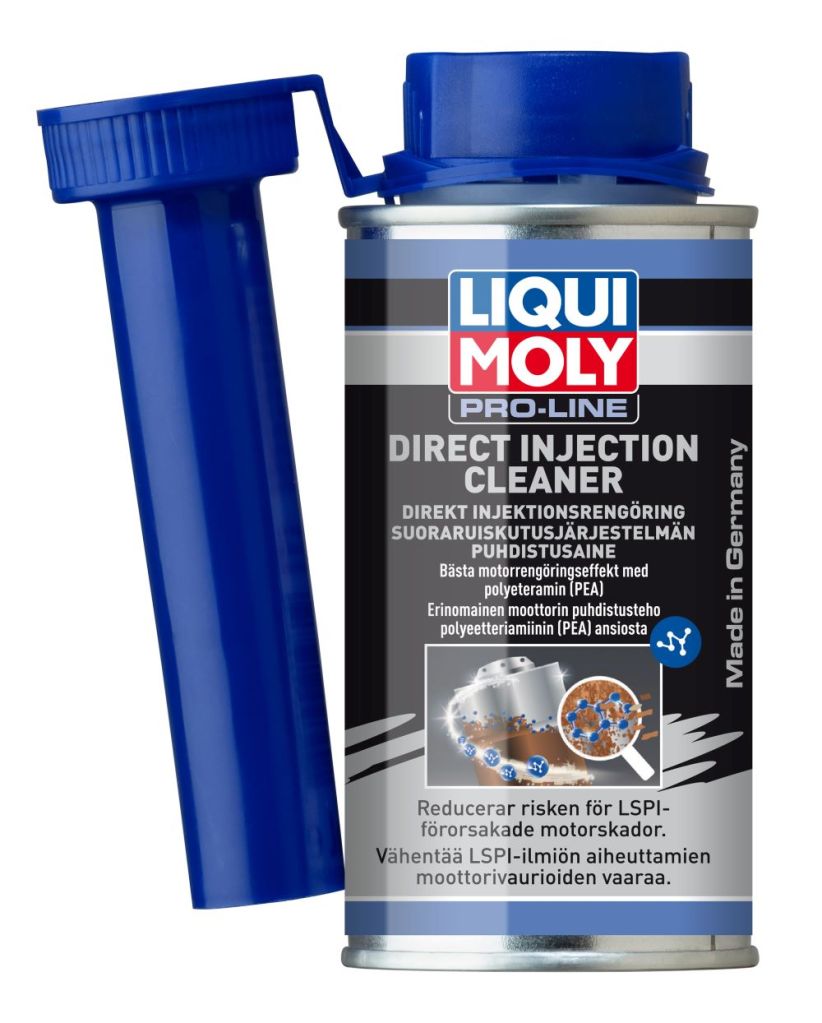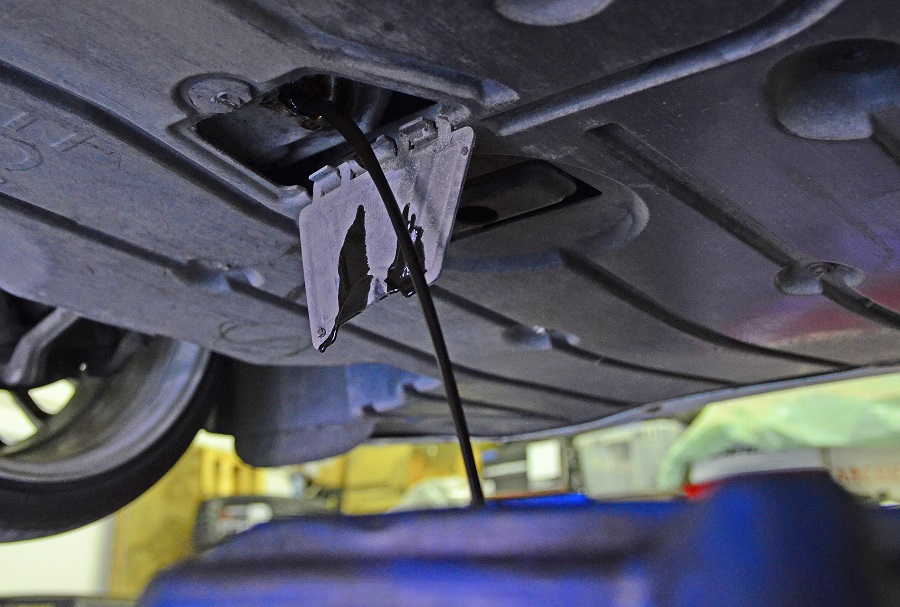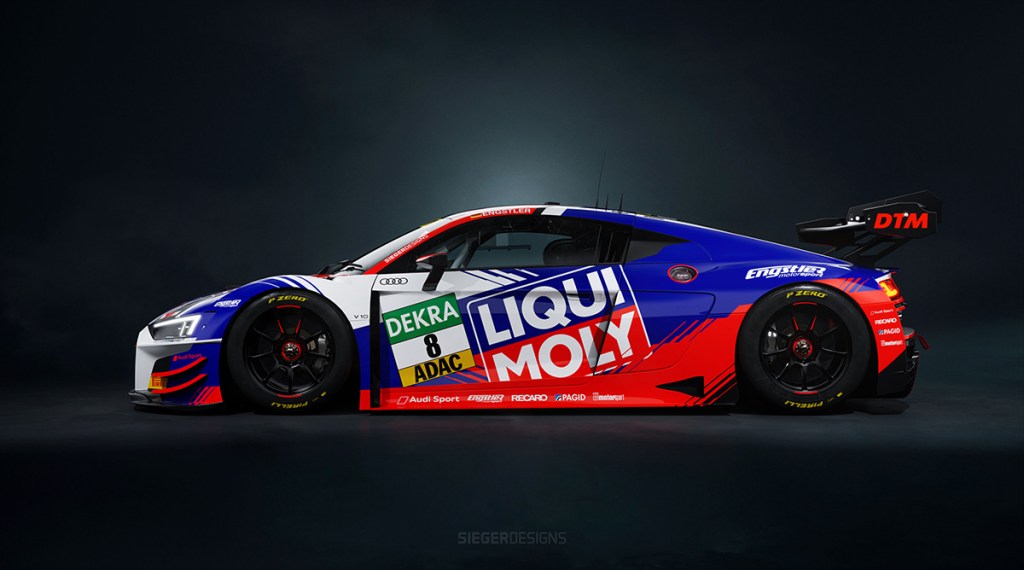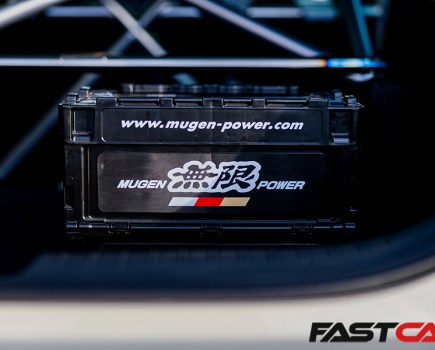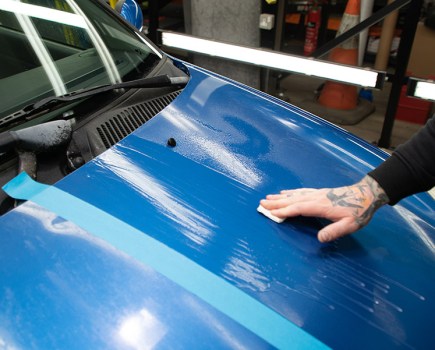In the world of modern engines, there’s one issue that has manufacturers, tuners, and enthusiast owners on high alert – low-speed pre-ignition (LSPI). This abnormal combustion event can cause catastrophic damage to your engine, but we’ve teamed up with the experts at Liqui Moly to delve into what LSPI is, why it matters, and most importantly, top tips on how to prevent it.
What is LSPI (Low Speed Pre-Ignition)?
Let’s start by understanding what LSPI really is. LSPI (low speed pre ignition) is a form of abnormal combustion that can occur in turbocharged, direct-injection gasoline engines. It’s when the fuel mixture ignites before the spark plug fires, leading to excessively high cylinder pressures and potentially catastrophic engine damage. This issue tends to arise at low engine speeds and high loads and can destroy an engine with little or no warning. That’s why it’s crucial to know about it and so all we can to prevent it.
What causes LSPI?
While LSPI can have multiple contributing factors, there are a few primary culprits to watch out for. First, the quality of the fuel can play a crucial role. Fuel with a high concentration of low-volatility components, such as certain additives or contaminants, can promote LSPI. Specific engine operating conditions, including low engine speeds, high loads, and advanced ignition timing, can significantly increase the likelihood of LSPI occurrences.
The Origins of LSPI
You may think that LSPI is a recent phenomenon, but the phrase LSPI was coined way back in the early 2010s. The problem came to light when manufacturers began developing smaller capacity engines and incorporated turbochargers and direct fuel injection systems. While this technology helped meet emissions regulations and fuel efficiency goals, their use inadvertently introduced the challenge of LSPI.
This abnormal combustion event happens when the fuel mixture ignites prematurely, causing elevated cylinder pressures, engine knocking, piston damage, and other forms of internal engine harm. LSPI can technically happen in any engine but tends to be most prevalent in engines with smaller displacement, high torque mapping strategies, and direct injection systems. No wonder, then, Ford’s EcoBoost engines have been known to suffer from the LSPI issue.
Why LSPI Matters
The risks associated with LSPI are no joke. They range from catastrophic engine failure to internal damage that compromises performance and leads to expensive repairs. When LSPI occurs, the heightened cylinder pressures wreak havoc, potentially resulting in broken pistons, bent rods, and damaged cylinder walls. And it’s an issue that can occur at any state of tune. Don’t think it only happens if you’ve remapped your ECU, plenty of standard engines have experienced failures thanks to LSPI too.
Why Ford EcoBoost Engines Are Prone to LSPI
Ford EcoBoost engines have gained a reputation for their power and efficiency, but they do carry a higher vulnerability to LSPI due to their specific design and features. Here’s why:
Direct Injection:
Ford EcoBoost engines utilise gasoline direct fuel injection (GDI) which introduces higher pressure levels to the combustion chamber, hence enhancing the risk of LSPI occurrence.
Turbocharging:
The turbochargers in EcoBoost engines result in higher cylinder pressures, further increasing the chances of LSPI events.
Smaller Displacement and High Torque:
EcoBoost engines typically have smaller displacements but generate high power outputs and produce high levels of torque. The torque strategies mean these engines produce peak torque from as low as 2000-2750rpm, and that amplifies the LSPI risk.
Ford has taken measures to reduce the LSPI risk in their EcoBoost engines by modifying engine oil specifications and adjusting engine management systems, and it seems to be less of a concern for modern models than it is for previous-generation fast Ford owners. Nevertheless, EcoBoost engine owners should always follow recommended maintenance practices and use high-quality fuel and engine oil to further safeguard against LSPI.
How can Liqui Moly engine oil affect LSPI?
Engine oil plays a crucial role in LSPI. The composition and quality of the oil can have a huge impact on LSPI events. Aside from the obvious viscosity considerations for engine oil, in today’s engines, what’s in an oil’s additive pack is equally important, if not more so.
Oil Present At The Point of Combustion
We know that the fuel mixture combusting uncontrollably causes LSPI. While we don’t always know what causes LSPI to occur, studies have shown that the composition of the engine oil can increase the probability of LSPI events.
We also need to consider that it’s not just fuel and air in the combustion chamber – there will inevitably be some oil in there too. Whether it comes in from the top end past the valve stems, is introduced with the air via a PCV system, or clings to the cylinder walls and makes its way past the piston rings, there will be oil present at the point of combustion.
Passing the LSPI test
The API (American Petroleum Institute) has created a specific test for engine oils concerning LSPI. For an oil to achieve the API S/N Plus label, it must pass these tests.
That means the composition of the oil has to be carefully considered. Specifically, the detergents used in the additive packs can have a huge effect. Liqui Moly found that calcium-based detergents could contribute to LSPI events, so switched to magnesium-based detergents for oils aimed at direct-injection engines, and therefore pass the API S/N test.
Can Liqui Moly Products Prevent LSPI Issues?
We’ve already looked at how an oil’s composition can impact the probability of LSPI events. Liqui Moly offers a range of engine oils that meet the API S/N standard and are therefore certified to reduce the risk of LSPI.
In addition, Liqui Moly also offers a selection of additives that can contribute to a reduction in the likelihood of LSPI occurring.
Aside from oil composition, another leading contributing factor to LSPI events is the cleanliness of the engine’s internals. Excessive carbon deposits within the combustion chamber provide potential hotspots and possible sources for pre-ignition, and therefore are probable causes of an LSPI event.
Liqui Moly’s DFI Cleaner and Pro-Line Direct Injection Cleaner additives are designed specifically to address this. Using polyetheramine technology, these powerful cleaners remove contaminants from the entire fuel system as well as the combustion chambers. The result is a cleaner, more efficient engine, and considerably reduced risks of LSPI. Simply pour the can into a full tank of fuel every 4000 miles or so and let the additive do its work.
What else can I do to prevent LSPI?
Another important consideration is the oil’s cleanliness. Oil that is contaminated with dirt, debris, or fuel residues can contribute to LSPI. Regularly changing the engine oil and using high-quality filters will help maintain the cleanliness of the oil and prevent LSPI.
Of course, it is crucial to use oils that meet the specifications recommended by the engine manufacturer. These oils are specifically formulated to provide optimal protection against LSPI for specific engine designs and operating conditions. Using the correct oil ensures that the engine is receiving the necessary additives and properties to combat LSPI effectively.
It is also worth noting that driving habits can influence LSPI occurrence. Aggressive driving, ‘lugging’ (trying to accelerate when in too high a gear) and rapid acceleration or high-speed driving, can increase the likelihood of LSPI. Being mindful of these factors and adapting your driving style to suit can help minimize the risks of LSPI.
Got a question for Liqui Moly?
The guys and gals at Liqui Moly are passionate about performance, and as official sponsors of Fast Car Entertainment events, you’ll be able to speak them directly at shows throughout 2024. Liqui Moly are attending Japfest, Ford Fair, TRAX, and German Car Festival this year, giving you the perfect opportunity to quiz them about which products are suited to your car.
Book your tickets today!


